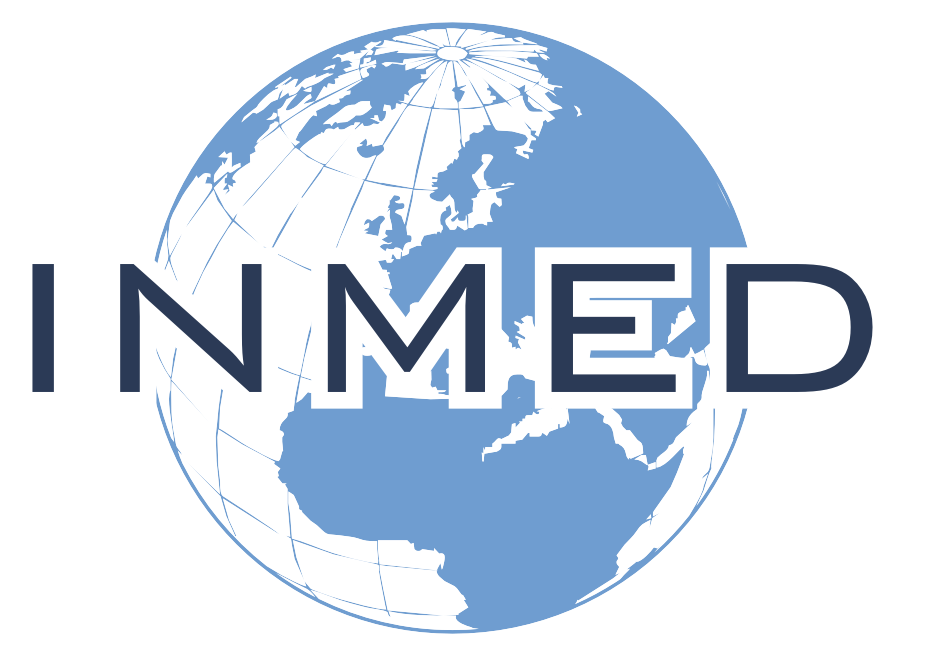Course Information
Healthcare as a profession has inherent underlying and often inadequately examined ethical assumptions and principles from which ethical decisions are made. In the US, nearly all health-care professionals are taught at least the four basic principles of autonomy, beneficence, non-maleficence, and justice. In the diverse international context and among some populations within the US, these principles are sometimes not assumed. In this course learners will first focus on Western ethical principles and then broaden the perspective by critiquing these Euro-American ethical perspectives by looking at bioethics from the perspective of other cultural approaches – voices from within the US and internationally. An anthropological approach will be introduced. The questions surrounding a universal morality, moral status and obligation, individualism and communalism, public good and individual freedom, globalism vs “statism”, etc. will be explored. Course graduates will gain an understanding of the breadth of cultural complexity from which ethical decision-making occurs in an international context. In the final essay, there will be the opportunity to take a particular case from an international context and apply the principles learned. This is a comprehensive course is built around the required textbook, Principles of Biomedical Ethics – Beauchamp and Childress, 7th edition, available on amazon.com. (There is no ebook version available. Please make sure to allow enough time for shipping.)
At the completion of the International Healthcare Ethics Course, learners will be able to demonstrate using case-studies, reflective writing, and simulation:
- Western principles of ethics related to healthcare
- Complexities of healthcare ethics in the non-Western international cultural context
- Analytical skills to understand and speak into ethical issues across cultures
Building upon the lessons below, learners will also critique assigned articles, participate in discussion boards, compose a comprehensive essay and participate in a comprehensive ethics simulation.
WEEK 1: ETHICS AND MORALITY: DO UNIVERSAL NORMS EXIST?
- Universal morality concept
- Morally in a pluralistic world
- De-emphasis on virtues in contemporary culture
WEEK 2: MORAL STATUS WITHIN THE RELATIONSHIP: TO WHOM IS ONE OBLIGATED AND WHO HAS RIGHTS?
- Five theories of moral status (who counts?)
- Person, personhood and respect for persons in bioethical discussion
- Perspectives on paramount importance of moral status
- Professional-Patient Relationship in the setting of epidemics
WEEK 3: WHAT IS THE PLACE OF AUTONOMY AMONG THE PRINCIPLES?
- Autonomy, the first among the principles in ethical healthcare practice
- The place of autonomy in the actual healthcare practice
- Two autonomies flowing bilaterally between the parties
WEEK 4: NONMALEFICENCE/ANTHROPOLOGICAL APPROACH TO THE TELOS OF MEDICINE
- Nonmaleficence, broader than maintenance of health and restoration to health
- The Hippocratic Oath today
- Principlism and ethical decision-making in context
WEEK 5: BENEFICENCE – THE PIVOT OF THE PRINCIPLES?
- Principles of beneficence and “the good”
- Autonomy, nonmaleficence, beneficence in making moral choices
WEEK 6: WHAT ABOUT JUSTICE?
- Persisting injustices, inequities and disparities and bioethics justice
- Global justice and locally-applying justice
WEEK 7: MORAL THEORIES AND METHODS
- Three quandary-focused theories: utilitarianism, Kantianism and rights theory juxtaposed to the place of virtue ethics
- Ethical theories in the setting of epidemics
WEEK 8: FINAL EXAM AND PRESENTATIONS
The following are the minimum computing requirements for participating in this course. Students must have ready access to and be functionally proficient with:
- A personal computer with an up-to-date operating system and ample memory for downloads
- A web browser, preferably the most up-to-date version of Chrome, Internet Explorer, Firefox, or Safari
- Applications capable of opening Microsoft Word documents and of viewing PDFs
- An Internet connection, preferably high speed
- Capability of viewing YouTube and Vimeo videos
Education Methods
Learners will achieve the course competency objectives through the following educational methods:
- Assigned book and article readings
- Critical analysis
- Group discussions
- Essay Composition
- Simulation exercises
Evaluation Methods & Requirements For Successful Completion
Assessment of the learner’s performance will be based upon:
- Demonstration of the competency objectives using case-studies and simulation
- Completion of all Chapter Discussion Board assignments
- Completion of all Article Discussion Board assignments
- Achievement of 80% or greater score on the International Healthcare Ethics Essay
- Achievement of 80% or greater score on the International Healthcare Ethics Final Exam
- Complete evaluation and credit claims forms at the course conclusion.
Continuing Medical Education (CME) credit for the INMED International Healthcare Ethics Course is attained through satisfactory completion of the course requirements. Note: CME is not applicable to students or resident physicians.
Cost
There is no additional charge for Continuing Medical Education (CME) credit.
Accreditation Statement
Physicians
Institute for International Medicine is accredited by the Kentucky Medical Association to provide continuing medical education for physicians.
The Institute for International Medicine designates this other activity (live course and enduring material) for a maximum of 32 AMA PRA Category 1 Credit(s)™. Physicians should claim only the credit commensurate with the extent of their participation in the activity.
Accreditation Launch Date: February 1, 2024
Accreditation Termination Date: February 1, 2027
Other Healthcare Professionals
A certificate of completion indicating the number of AMA PRA Category 1 Credit(s)™ will be issued for completing this course. Certificates may be submitted to applicable state boards for recognition.
Disclosures
No persons in control of the content of this course have relevant financial relationships with ineligible companies.
| Nicholas Comninellis MD MPH DIMPH | No relevant financial relationships with ineligible companies to disclose |
| Scott Armistead MD DIMPH | No relevant financial relationships with ineligible companies to disclose |
| Fred Loper MD | No relevant financial relationships with ineligible companies to disclose |
| Timothy Myrick MD DTMH | No relevant financial relationships with ineligible companies to disclose |
| Leda Rivera | No relevant financial relationships with ineligible companies to disclose |
Tuition for the International Healthcare Ethics Course is $885 for both Master’s degree and non-Master’s degree credit. No additional charge is added for Continuing Medical Education (CME) credit.
The cost of this course offered outside of the United States, including China, may be different to account for local taxes and local regulation compliance.
For more information, please view our Cost page.



